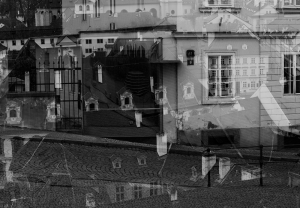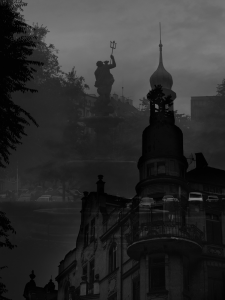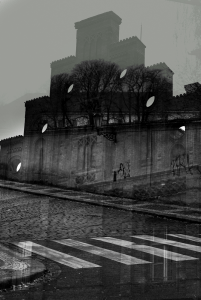The 8th of March is the International Women`s Day. While Russians celebrate it annually, in the Czech Republic, it isn’t as widely recognized. Additionally, at my current job, it’s not common to offer holiday greetings to colleagues.
On that particular day, my routine was unchanged—I sat at my desk, working on resolving a bug within a running application. Suddenly, my name echoed through the room, and I sensed people crowding behind me. My immediate thought was that I had somehow broken the application, and the engineers’ crowd’s presence indicated their displeasure. However, I soon realized that my team never address failures by collectively blaming someone. If I had indeed made an error, my team leader would discreetly inform me.
Then I saw guys from my team with flowers and chocolate. Their unexpected gesture pleasantly surprised me, and I spent the entire day in high spirits.
As if I love dead flowers I decided to take a photo of the gifted ones.








